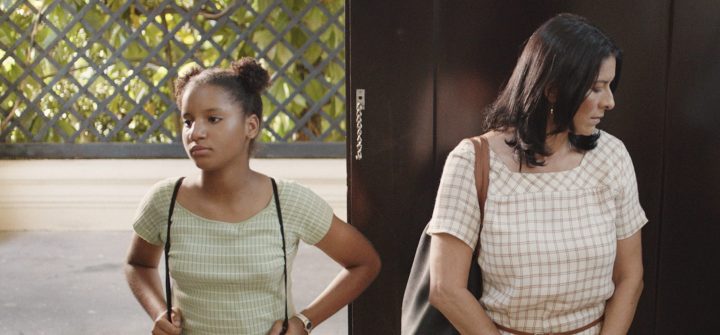These Are the Must-See Movies at Boston Latino International Film Festival

Courtesy of Panama International Film Festival.
Since 2001, the Boston Latino International Film Festival has been “committed to using the power of film to break stereotypes, bring cultures and communities together and reveal the complex issues that affect the Latinx community in the United States, Latin America and Spain.” That is very apparent when you look at this year’s fest program. Opening with one of the most electrifying and timely hybrid doc films to hit the festival circuit this year (The Infiltrators) and featuring features that tackle everything from populism in Venezuela, campus activism in the US, religious dogma in Brazil and colorism in the Dominican Republic, BLIFF 2019 truly lives up to its mission.
In addition to its feature film selection, the program is peppered with a number of short films that are equally intriguing: where else will you find Mexico’s International Feature submission (La camarista) being screened alongside a black-and-white short about a young Cholo who earns his living by watching la Migra on the other side of the border in Juarez? Or a curated lineup of youth-directed films by the “Point & Shoot” filmmaking class at Zumix, featuring student work from Madison Park High School, Real to Reel and ICA’s Fast Forward media program? There’s truly no reason to miss out on any of the fest’s offerings. But should you need to narrow down your options, find our list of top picks you shouldn’t miss below.
Boston Latino International Film Festival runs September 25 – 29, 2019.